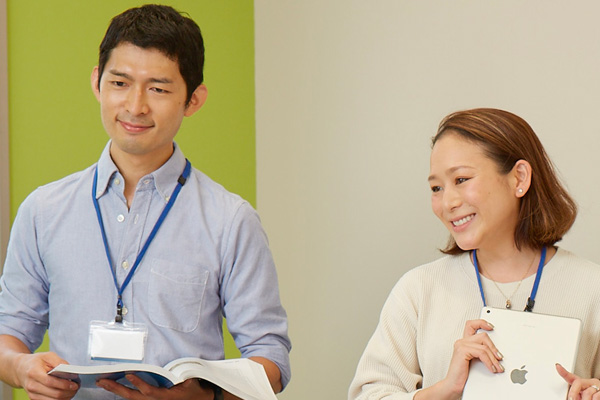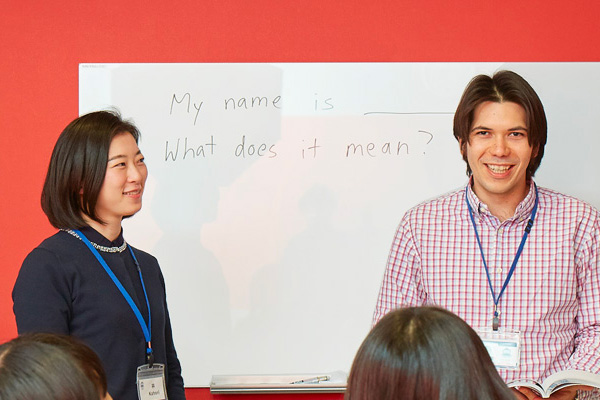各位
安倍元総理暗殺事件に際して
さる7月8日、長く総理大臣職にあった安倍晋三衆議院議員が、凶弾に倒れるという痛ましい出来事がありました。
英語を教える教育機関の代表として、また以前に国会に議席を預かった経験を持つ者として、所感を表明させていただきます。
J PREP は、英語という言葉を中心に指導を提供する教育機関です。決して暴力に訴えず、言論で意思疎通し、合意を形成するための道具として英語を教えています。言葉で話し合うことの重要性、そしてあえて指摘するなら言葉だけで自らを守る限界についても、認識を改めることを迫る事件だったと考えます。今回の新聞報道を見ても、英語では明確に assassination (暗殺) として表現されているにも拘わらず、同じ事件を暗殺として扱う日本語記事はごく少数です。死亡との表現は、民主的な社会の危機という、我々が直面する脅威に照らした場合、言葉遣いとして不適切だと考えます。
私どもは、英語を教える際、ただ単に文法や単語を覚えてもらうだけでなく、これを使って話し合う、議論する練習の場も提供しています。文章指導を通じ、自分の考えを他者に論理的に伝える基礎練習の機会も提供しています。英語は、近代における民主主義の基礎を確立した人々によって話されていた言語です。ただ単に言語として存立しているだけでなく、その歴史を受け継いでいるのです。無論、英語が世界に拡がっていった歴史の全てが、薔薇色に彩られていたわけではありません。しかし、民主的で、自由で開かれた社会を中心に母語として話され、そして世界に伝播し、またその知的伝統を受け継いだ言語を教えていると言うことを十分に自覚しています。
私は以前、短期間とはいえ、衆議院に議席を預かり、山形4区を代表していました。私自身、議員在職中に付きまといや、暴行、さまざまな嫌がらせを受けた経験もあります。政治家は、言葉を用い、有権者の意見を代弁し、利害を代表する役割を担います。政治家は、暴力に対して自ら暴力で反撃することの許されない立場にあります。だからこそ、政治家に対し、暴力や、これを示唆する人格攻撃を行うことについて、慎重になるべきだと思います。言論の自由には責任が伴います。だからこそ、これまでの報道機関の姿勢、芸能人や学識経験者を含むインフルエンサーの発言には、反省すべき点が多々あると感じます。
所属していた党派は違うとは言え、議場でしばしば若かりし安倍晋三議員を見かけたものです。自分に向けられた人格攻撃も含め、言論での批判に寛容でもあり、自由で開かれた社会にコミットした政治家でした。安倍晋三元総理大臣のご冥福を、謹んでお祈りいたします。
最後に、「自由で開かれたアジア太平洋」という言葉は、安倍晋三元総理が在任中に提唱し、各国が外交交渉において用いるようになったものです。私たちは、自由で開かれた、民主的な社会を維持するために、一人一人が何をすることが出来るか、しなければならないか、考え、言語化し、表現し、そして行動する自由を持っています。この事実を受け止め、感謝し、責任を果たしていかなければならないのだと考えます。
2022年7月12日
J PREP 代表
斉藤 淳
On the Assassination of Prime Minister Shinzo Abe
To whom it may concern,
On July 8, we were stunned by the news that Mr. Shinzo Abe, Japan’s longest-serving Prime Minister, fell to a deadly attack.
On this occasion, I would like to share my thoughts on the aftermath of this incident, as the head of an educational institution that provides language instruction and as a person who once held a seat in the Japanese Diet.
J PREP is an educational institution that delivers language instruction, primarily in English. The supreme importance of learning a language is to obtain skills and an attitude that allow us to communicate with each other using language and, of course, without recourse to violence. Language is also a vehicle for consensus building, and we teach English for this reason. This sad incident reminded us of the importance of constructive dialogues, and sadly, needless to point out, their limitations. The event was reported extensively as an incident of assassination, but surprisingly, almost all Japanese newspapers reported it as the death of the former Prime Minister. The way the Japanese news media handled the assassination is a critical understatement of the threat that imposes us on the health of our democracy.
When we teach English, we not only encourage our students to understand its grammar and vocabulary, but also the attitude for debating matters on which not everyone agrees. Our classrooms are venues for such deliberation and discussion. By means of writing instructions, our students learn how to express their thoughts in a logically consistent way. I cannot overemphasize the fact that English is a language that carries its history. English happened to be spoken by the people who started modern democracy. Not everything about the history of its spread to the outside the world was rosy, but it is equally clear that English is a language that bears commitment to free and open societies and the world that surrounds them.
Brief as the term was, I once represented the Yamagata 4th District of the Japanese House of Representatives. During my term, I personally suffered due to stalkers, harassment, and even from the outright use of violence. Democratically elected politicians cannot fight back violently, rather, they are expected to represent the constituents’ preferences and interests. It is for this reason that I would like to reiterate the responsibility that freedom of speech entails. We should refrain ourselves from personal attacks on democratically elected politicians. Use of violence or the use of language that implies it should not dominate the public sphere. It is regrettable that the way the Japanese news media together with many of the influencers that include celebrities and scholars reported Mr. Abe’s policies and career was far from being constructive.
During my term of public service, although the political party I was affiliated with was a different one, I would often encounter Mr. Abe in the parliamentary chamber. He was tolerant and open to criticism and discussion, even to the kind of personal attack that was directed at himself. He was an epitome of a leader that is committed to preserving a free and open society. I would like to pray for Prime Minister Abe’s soul. May he rest in peace.
Lastly, the term “Free and Open Asia Pacific” was coined and became widely used in the diplomatic circle around the world during the tenure of Prime Minister Abe. I would like to celebrate the fact that each of us has the freedom to ponder, to express in words, and to act to sustain a free, open, and democratic society. Each of us carries such a responsibility as well.
July 12, 2022
Jun Saito
CEO and President, J PREP






